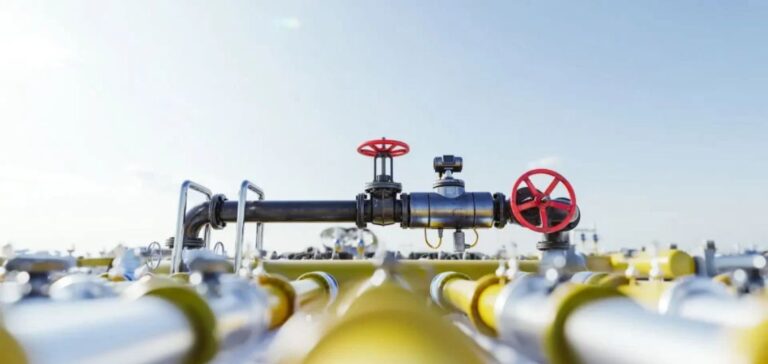On April 11, the European Parliament voted in favor of a gas package, comprising a directive and a regulation, aimed at facilitating the uptake of renewable and low-carbon gases. The package also strengthens the European Union’s energy security by giving Member States the power to limit gas and LNG imports from Russia and Belarus.
Voting details and package content
The regulation, adopted by 447 votes to 90 with 54 abstentions, aims to improve fair pricing and stable energy supply mechanisms. The directive, which establishes common rules for the internal hydrogen and renewable gas markets, was adopted by 425 votes to 64, with 100 abstentions.
Implications and innovations of the package
The legislative package introduces a common gas purchasing system to avoid competition between member states, and a pilot project to strengthen the EU hydrogen market over a five-year period. Jerzy Buzek, lead rapporteur on the regulation, emphasized that this regulation would transform the energy market, relying mainly on two sources: green electricity and green gas.
Russian gas clause and reduction of methane emissions
A clause allowing EU countries to halt Russian gas imports in the event of a security threat has also been included. Parliament also approved a new law aimed at reducing methane emissions from the energy sector, marking the first EU legislation specifically targeting methane emissions.
Both texts must now be formally adopted by the EU Council before publication in the EU Official Journal.






















